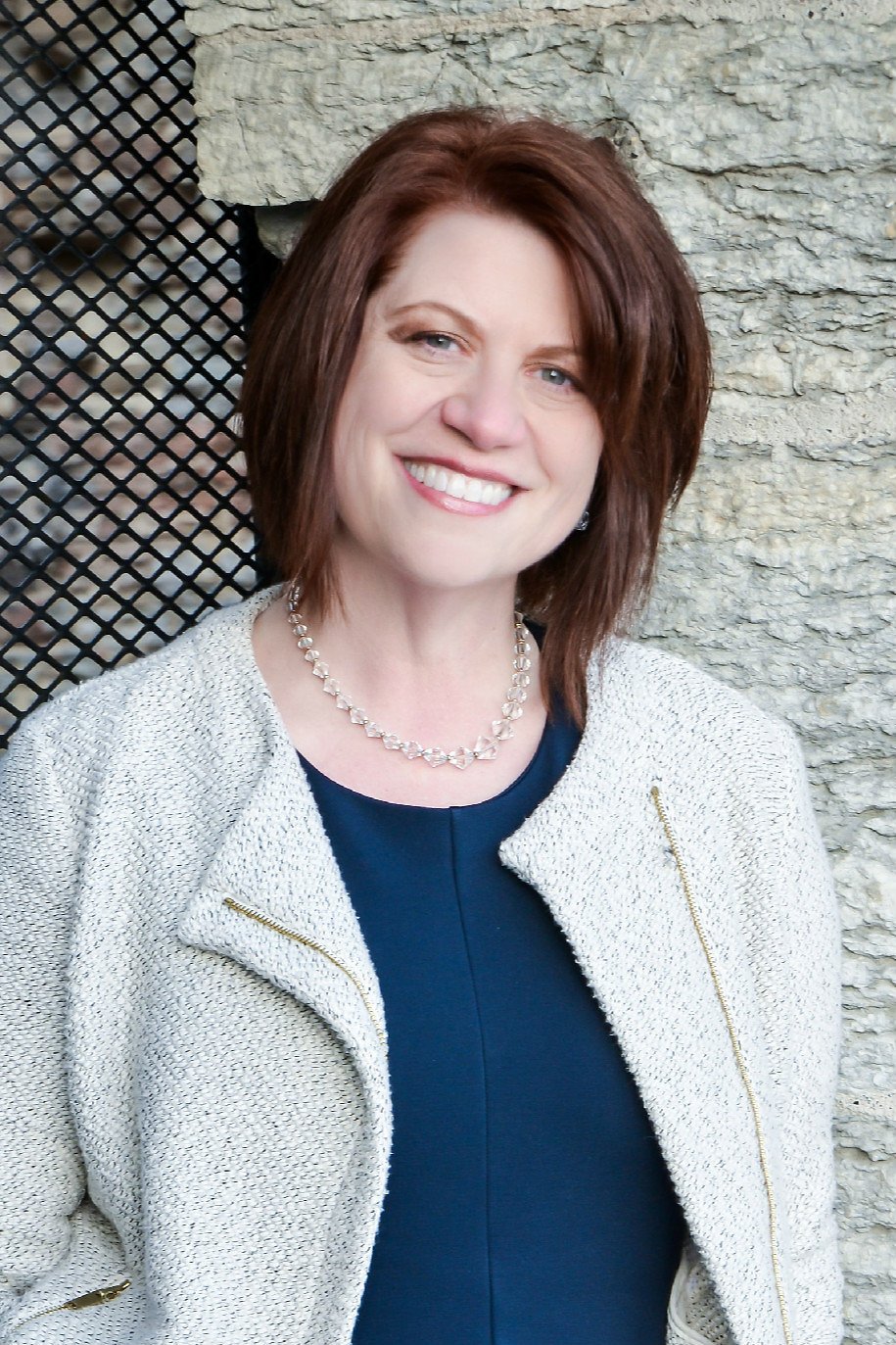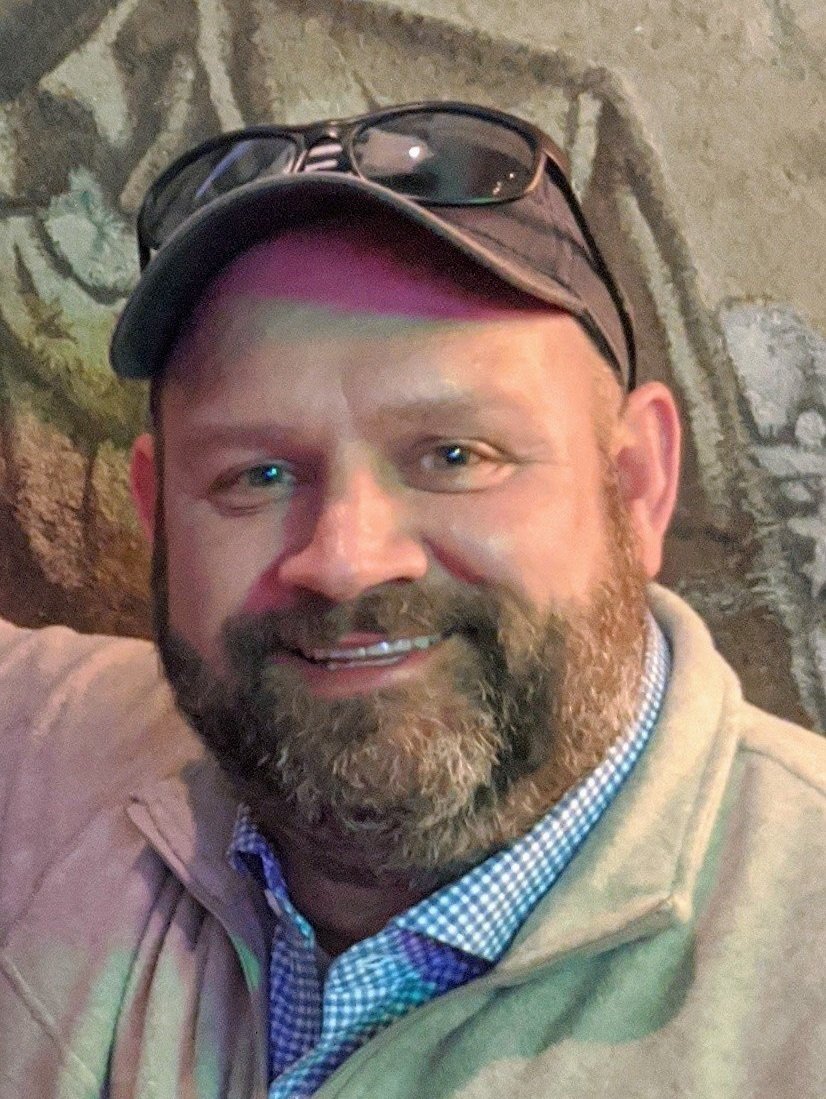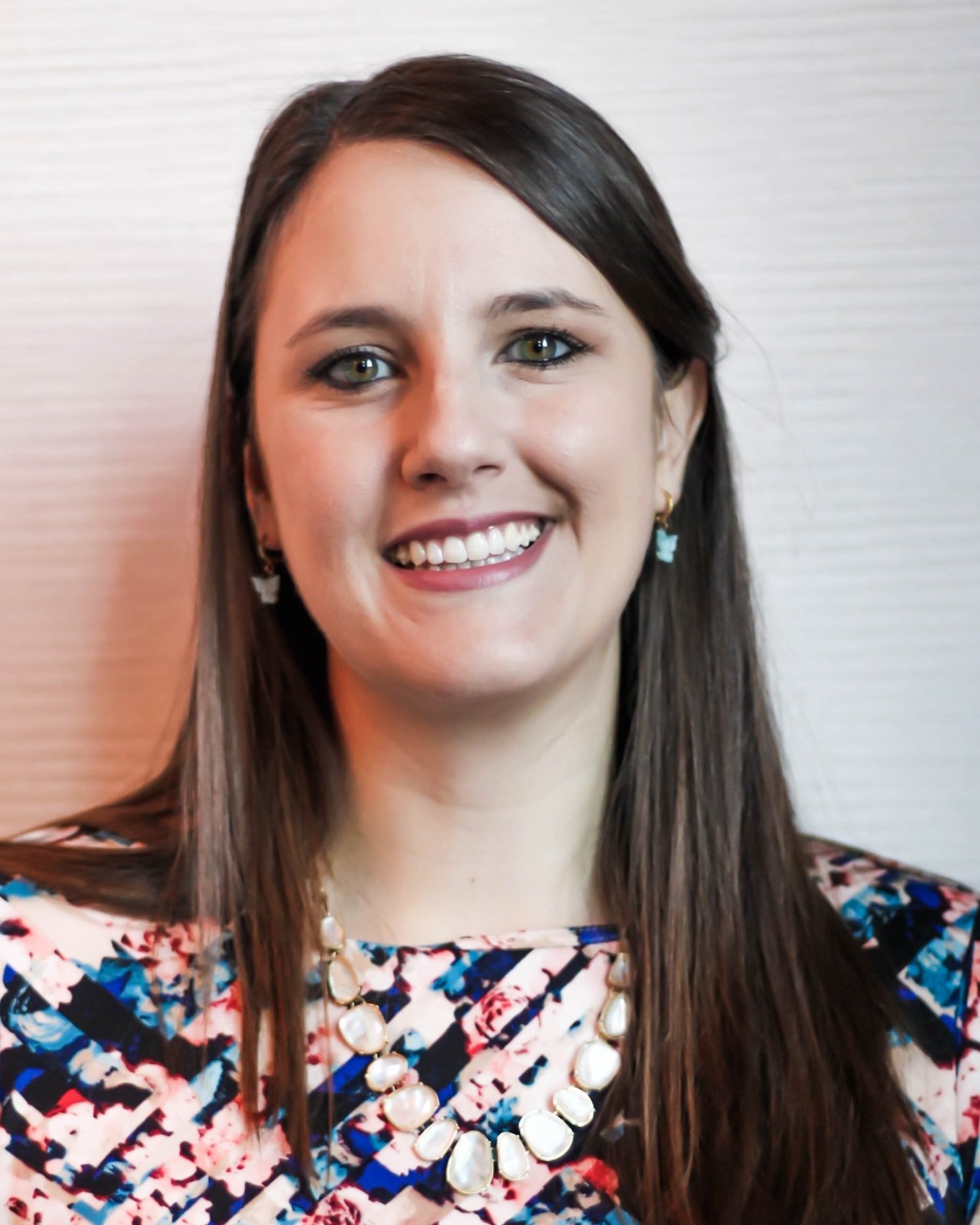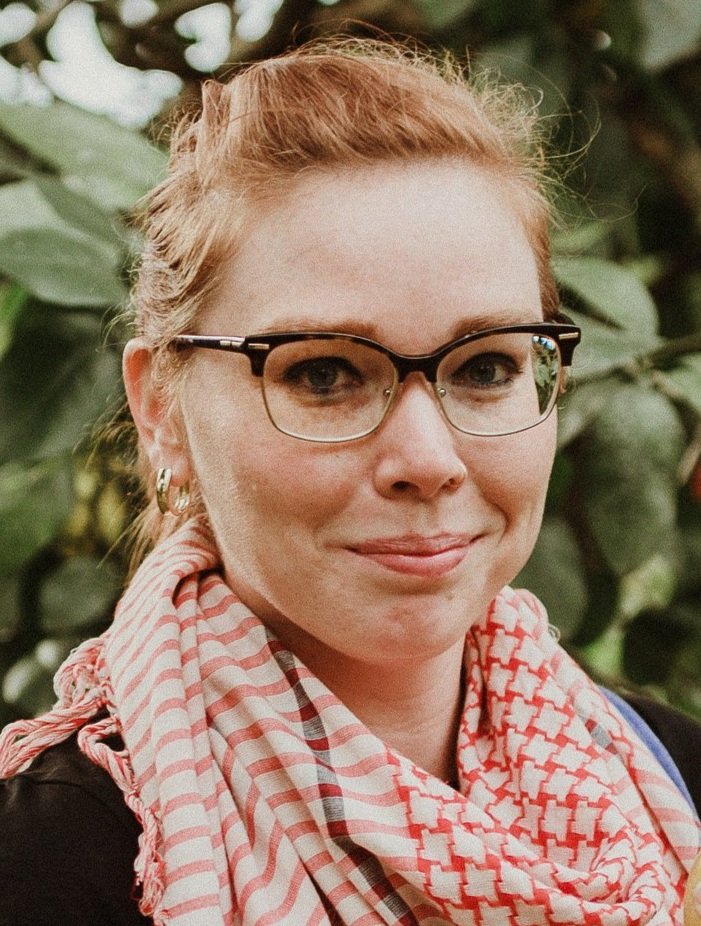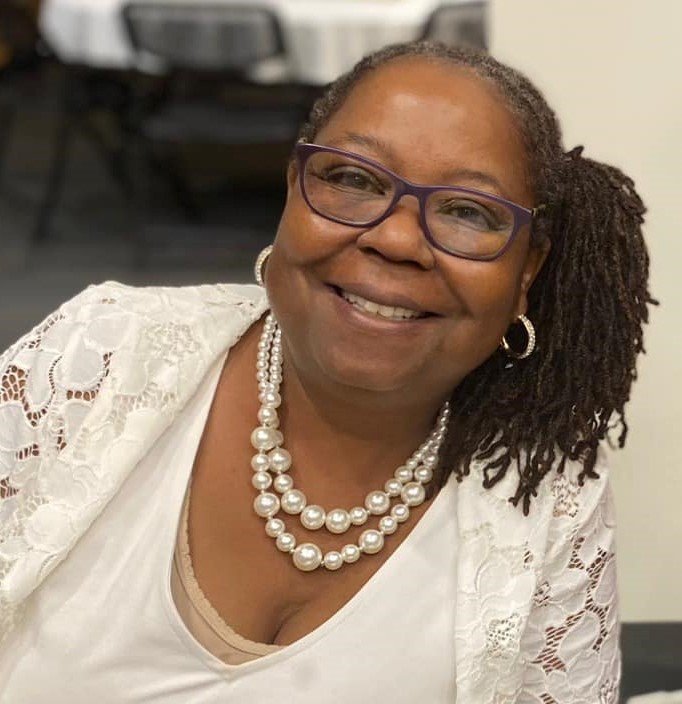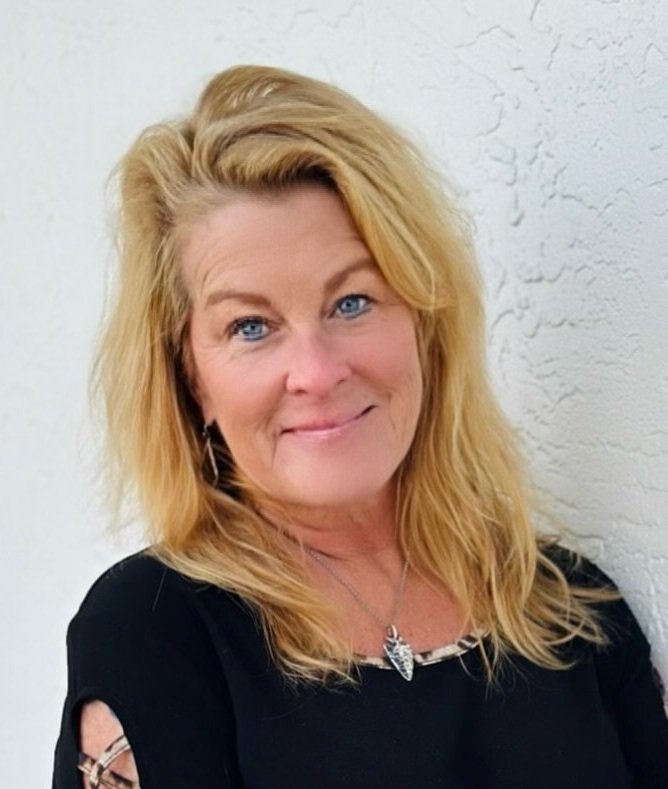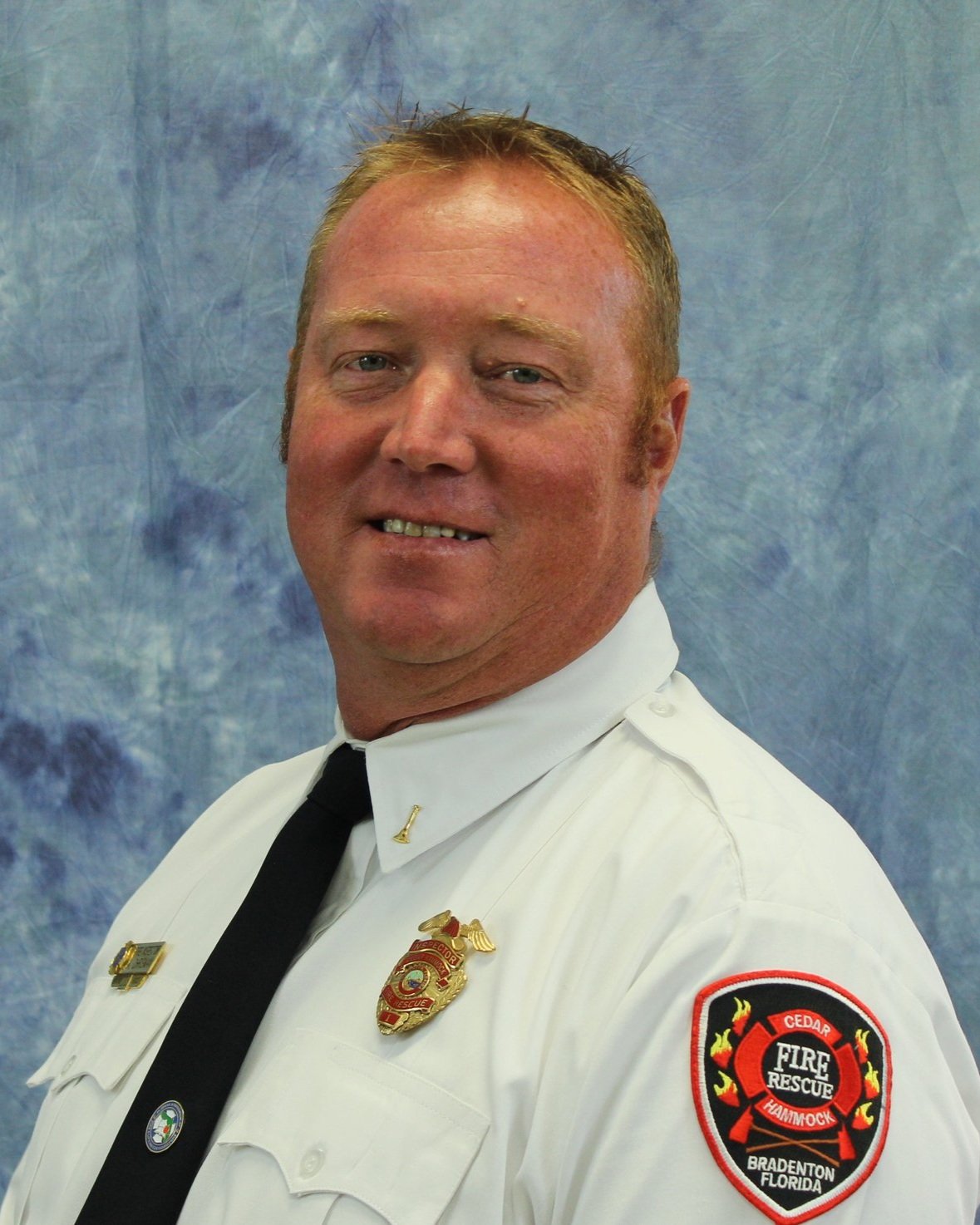This year Safe Children Coalition is excited to partner with University of South Florida School of Social Work and Duvall Family Studies Foundation to provide a one-day pre-conference event that will focus on our collective stories of daily practice with children, youth, families, and the community called “Listening to Connect”. It will be a variety of story tellers, listeners, leaders, and lived experience panels together sharing their stories and listening to better understand how the system of care works well and how we can improve to make a difference. This special pre-conference session will be invitation only.
Thursday, April 25, 2024
9:00 am Keynote
Dr. Amelia Franck Meyer, Ed.D, LISW (Alia Innovations)
Dr. Amelia Franck Meyer, LISW is the founder and CEO of the national non-profit, Alia Innovations, for people and systems impacted by childhood trauma. Amelia and Team Alia are working with parents and partners to create national movement to keep children safe with, not from, their families.
Alia works with child welfare leaders who are innovators and early adapters in jurisdictions around the country to create transformational change in child welfare. Alia calls this new way of work an “UnSystem;” although we don’t know what the new way will eventually be called, we know it’s not this system.
Team Alia’s work falls into two categories: Evolutionary—building the capacity for change in people and systems and Revolutionary—co-designing new ways to keep families safely together.
Alia’s Evolutionary work is accomplished through workforce wellbeing, change strategy, preparing and protecting leaders, teaching systems to how to get older youth to permanency and building empathic and trauma-informed care into child welfare practices. Alia’s revolutionary work is done working in partnership with youth, families, communities, and systems leaders to co-create the conditions that obsolete the need for family separation. Alia accomplishes its work using an antiracist approach and co-designs new ways of working with youth, families, and communities using Human Centered Design; all the while creating evidence, tools, and resources to help others do the same. Alia’s approach is to live our value of “Doing what love would do.”
Amelia was named as one of People Magazine’s “25 Women Changing the World” in 2018, and in 2020, Amelia was also named by AARP MN and Pollen Midwest as a 50 over 50 Honoree—System Reformer in the Disruptor Category. Amelia has a widely viewed TED Talk on the Human Need for Belonging. Along with many awards from her alma maters, Amelia has also been honored as a Bush Fellow and an Ashoka Fellow.
10:30 am – 11:45 am Session 1
Life After Foster Care: The Transition to Young Adulthood
Martie Gillen, PhD (University of Florida)
Diamond Whitley (Florida YES)
The presenters will lead participants in a discussion of several topics related to aging out of foster care. First, we will discuss a national and state level policy context for independent living and aging out of foster care in Florida, followed by a brief presentation of previous research on aging out of care. Next, we will move into a lived-experience testimonial from a former foster youth who is currently in college. Finally, we will introduce attendees to the Florida Youth Experiences Study and share preliminary findings from the first year of the study.
Why Behavior is Impacted by Autism, How Trauma Makes It Worse, and Practical Interventions You Can Start Today
Carolyn Northup, BCBA (Family Initiative)
Leigh Ann Drew, LCSW (Family Initiative)
Children with Autism Spectrum Disorder (ASD) experience difficulty with communication, sensory processing, and emotional regulation. They are also 2.4 times more likely than neurotypical children to enter the foster care system, placing them at risk for trauma. This presentation discusses the implications for the compounding impact of trauma on children with ASD and provides professionals and caregivers with practical interventions to enable all children to be successful.
Building a New Way, Together
Amelia Franck Meyer, Ed. D, LISW (Alia Innovations)
We understand more now than ever what children need for healthy development…an uninterrupted sense of belonging; however, our systems are not based on this knowledge. The child welfare system is not “broken;” rather, it’s doing just what it was set up to do; rescue and remove children, punish parents, and separate families. The system was not set up as a family preservation system or family strengthening system, and now we know that must change. Together with families and communities, we can redesign a new way of work; one that keeps children safely with their family, not from their families. This session will discuss the mounting evidence for change and the inspiring efforts to work together to build a better way.
Understanding the Cycle of Domestic Violence
Sigrid Stang, (Safe Place and Rape Crisis Center-SPARCC)
The objective of this presentation is to help you understand the dynamics and cycle of Domestic Violence through awareness and education. To be able to recognize and offer support to those who are in need of assistance so that they can become independent of their abuser.
The 5 Ws of Safety Planning
Nellie Warriner, (DCF Office of Quality and Innovation)
Erika Summerfield, CWPI, CWT (DCF)
This 75-minute session will go through key factors of safety planning. You will understand WHAT, WHY, WHEN, Where and WHO of appropriate safety planning.
Fatherhood Engagement: What’s So Special About Dads?
Sean Staffieri (Safe Children Coalition)
Aaron Bellemy (Safe Children Coalition)
Research shows that a father's absence affects children in numerous unfortunate ways, while a father's presence makes a positive difference in the lives of both children and mothers. Last year the Florida Legislature appropriated over $68.9 million to support services for fathers, created a public awareness campaign related to responsible fatherhood, and provided evidence-based parenting education to meet the individual needs of the fathers. A portion of that funding went toward three grants: Comprehensive Needs of Fathers, Evidence-Based Education Programs for Fathers, and Mentorship Programs for At-Risk Male Students.
12:00 pm – 1:15pm Session 2
Connecting the Dots: Understanding the Link Between Human Trafficking and Substance Abuse
Marina Anderson, (Department of Children and Families)
Substance use is one of the most influential techniques that human traffickers use to coerce, manipulate, and exploit their victims. Substances is commonly used to prey on the persons vulnerabilities that leads to the recruitment of labor and sex trafficking. The trafficker may recruit people by luring them with drugs and alcohol. The traffickers may target individuals with existing substance abuse issues to recruit into a trafficking situation. The trafficker may also control their victim once they have a substance addiction. The traffickers may also use substance addiction to keep victims in a trafficking situation. It can be framed as a reward or punishment, or to decrease the victim’s ability to resist trafficking and abuse. The victim may also use substance abuse as a coping mechanism.
From Reliance to Resilience: Factors that Contribute to Success for Youth Aging Out of Care
Khalilah Caines, PhD, LCSW, CWCM (Saint Leo University)
Tanya Johnson-Gilchrist, LCSW, MSW, MPH, CPH, PMP (Tiny Little Jewels LLC)
Independent Living services are designed to prepare and support older youth in care for a successful transition into adulthood. For youth that have spent numerous years in care, there can be a dependence on programming and incentives which may create reliance instead of developing their resilience. In this interactive workshop, we will discuss factors and strategies that will help youth go from reliance to resilience as they transition into adulthood.
Screening for Alcohol in Child Welfare: Why it matters?
Tamra Cajo, LCSW (The Florida Center for Early Childhood)
Jenn Werden, BSW (The Florida Center for Early Childhood)
This presentation will help attendees better understand how prenatal alcohol exposure impacts a child’s behavior. The training will address the importance of asking questions specifically related to in-utero exposure and how not doing so can affect the trajectory of treatment and support for the individual. The course will explore personal biases when discussing alcohol and ways to effectively portray important information about alcohol’s impact on the developing brain.
Trauma Screening & Assessment: Why It Should Have Happened Yesterday!
Chelsea Hernandez, LCSW (All Star Children's Foundation)
Kristin Hoffman, Ph.D. (All Star Children's Foundation)
Rates of trauma exposure among children with child welfare involvement is as high as 90%, however, until July 1, 2023, children coming into care had not been routinely screened for trauma events and traumatic stress related symptoms. Senate Bill 1064 now mandates that all children entering out-of-home care in Florida will receive a trauma screening within 21 days of the shelter hearing. This workshop will define trauma screening and assessment, identify the intricacies of effectively screening for trauma, discuss how trauma assessment can guide future interventions and outcomes, and identify core protective factors to build resiliency. Additionally, case vignettes will be utilized throughout this presentation to assist participants in applying practical knowledge and to better understand implementation.
Maintaining a Healthy Professional Life - The Science Behind Self-Care
Chad Sedam, Ph.D., CRC (Sunshine Health)
This training enhances and advances the education of the audience by providing evidence-based resources, tools, and strategies that will allow the professional to proactively navigate potential detriments of compassion fatigue, burnout, primary trauma (vicarious trauma), and secondary trauma, as well as to increase and maintain positive compassion satisfaction and professional quality of life.
2:15 pm – 3:30 pm Session 3
"There's no Manual for That!" How to Parent Through Grief
Lendy Chapman, MS, CCLS (Empath Health-Blue Butterfly Family Grief Center)
Danielle Wondrak, MSW, LCSW (Blue Butterfly at Empath Grief Care)
There is no manual for how to parent your child. After a trauma, a loss, or a crisis your child may need different parenting strategies, and this may feel like another unexpected turn in the journey when so many other things are already in flux. Join us to learn a 4-step process that can help enhance your tools for parent coaching through bereavement and grief support.
Trauma and Developmental Disabilities in Children and Youth
Chelsea Hernandez, LCSW (All Star Children's Foundation)
Kristin Hoffman, Ph.D. (All Star Children's Foundation)
This workshop will provide a broad overview of common intellectual and developmental disabilities (IDD) in children, discuss signs and symptoms of trauma in children and youth with IDD, and outline common barriers to effective interventions among this population. The session will conclude with a discussion of effective assessment and intervention approaches for children with IDD and trauma, and ways to increase protective factors in children and youth with IDD and trauma histories.
And Justice for All, Unless You Have Autism: Meaningful Access and Participation in the Justice System on the Spectrum
Meg Lietzau, PhD (University of Florida Center for Autism and Related Disabilities)
Hearings? Lawyers? Interviews? Oh my! Navigating the justice system is difficult- even more so when you are a child on the autism spectrum. Access to critical services, accommodations, and autism-savvy legal staff can feel impossible to obtain. This presentation guides families and professionals through critical points of access, making the court more autism-friendly, and knowing what (and who) to ask when you need help. Additionally, we will discuss practical no-cost resources for law professionals, field staff, case workers, foster parents, and professionals that can be implemented to support individuals and children and families through their legal transitions.
The Missing Child System: History, Policy, and How-To
Kristin Morgan, MSW (Department of Children and Families)
This session will inform participants of the history of the missing child system used by DCF and CBC partners, go over policy related to missing children, including recent changes in Florida Administrative Code, advise participants on how to handle common issues in missing child practice, and will also include a FSFN demonstration of how to create a Missing Child Report (MCR), recovery form, and Request to Locate Alert.
3:45 pm – 5:00 pm Session 4
Awareness Is Not Enough: Human Trafficking Prevention Requires a Two-Generation Response
Sue Aboul-hosn, BSSW, CPSW (Department of Children and Families)
Marianne Thomas, PhD (My Name My Voice)
ACEs stands for “Adverse Childhood Experiences.” These experiences can include things like physical, sexual, emotional abuse, neglect, caregiver mental illness, and household violence; all which corelate to maltreatment types on DCF’s maltreatment index. Research tells us that the more ACEs a child experiences, the more likely he or she is to suffer from things like low self-esteem, poor academic achievements, substance abuse, delinquency and more, all which increase a child’s vulnerability to human trafficking. Hear about a survivor that experienced her first ACE at two months old and eventually hit all ten before becoming a homeless juvenile and victim of human trafficking. Law Enforcement and DCF were involved in her life multiple times but failed to recognize the victimization. Learn why a two-generation response is so important.
The Inside Scoop on Early Intervention for Infants and Toddlers in the Foster Care System: Understanding Early Childhood Development, Developmental Screenings, and the Caregiver Coaching Model of Service Delivery in Early Steps.
Maria Cadigan, LPN (Gulf Central and Southwest Florida Early Steps)
Ruthie Foust, PT, DSc, MSPT (Health Planning Council of Southwest FL)
This workshop aims to build knowledge of the early intervention program in Florida with a specific focus on children in foster care. Attendees will gain a basic understanding of early childhood development, why early intervention is especially important for children in the foster care system, and how the Early Steps program supports infants and toddlers in foster care suspected of developmental delays through developmental screening, evaluation, and intervention. Collaboration between Child Find, Child Protective Services, and the Early Steps program can reduce the number of children having unmet developmental and behavioral healthcare needs.
How Do You See Me? Trauma Informed Care Through the Eyes of Animated Characters
Erika Evans, MSW (University of South Florida)
Jessica Carter, MS, CWT (University of South Florida)
How can we ensure that we are viewing our children and families through a trauma-informed lens and not villains based on past experiences? In addition, how can we surround the families we serve with supports and resources to ensure positive outcomes?
The Academy's Innovative Approach to Learning in Florida
Amy Hines, MSC (Department of Children and Families)
Kimberly Nyahay (Northwest Florida Health Network)
Provide a best-in-class learning experience showcasing our specific instructions designed to empower newly hired child welfare professionals by equipping them with comprehensive knowledge and essential skills to ensure child safety, well-being, and permanency.
Lost and Found in Translation: Communicating Across Cultural Context
Briana Parlor, M.S., Ed.S. (Ounce of Prevention Fund of Florida)
Witney Talabert, M.S., Ed.S., RMHCI
Connection can be both lost and found in translation. As helping professionals working in human services, it is imperative to be aware of and responsive to culture and context while servicing diverse populations. This presentation will focus on culture as a vehicle, not an obstacle, to connection between cultures.
Friday, April 26, 2024
9:00 am – 10:15am Session 5
Worker Safety
Joseph Coleman, CPM (Odyssey Training Solutions)
This course is designed for the field worker who responds to homes as part of their duties and the office workers. They will be taught basic safety tips to use when doing home visits, interviewing, and assessing homes. Other topics discussed are: Use of senses to assess threats, situational awareness, preparing yourself to be safe, assessing your workplace for safety, de-escalating confrontations, verbal judo, body language and what to do in the event of an attack at your workplace to be safe and survive.
"I love you but I don't like you right now": How blocked care impacts relationships and how TBRI can help
Leigh Ann Drew, (Family Initiative)
Kara Jordan-Elliot, BSN, RN, TBRI Practitioner (Family Initiative)
Children who come into foster care often remain in a state of survival that has been coined “blocked trust”. Because of this blocked trust the child’s primary focus is not connection with their new caregiver but with staying vigilant of potentially harmful situations. This keeps the child at “arms-length” from those around them to protect themselves from being harmed again. Due to this innate instinct to protect versus connect many caregivers report frustration that their attempts for connection are not reciprocated. Caregivers begin to feel rejected and in turn begin to shut down as a form of protection of themselves. This is called blocked care. The breakdown in the parent-child relationship is detrimental for both the child and the parent. Trust Based Relational Intervention can be used to rebuild these relationships.
Parents for Parents: Empowering Parents Through Peer Support
Sonya Johnson (National Alliance on Mental Illness NAMI-Sarasota and Manatee Counties)
Blake Neathery (National Alliance on Mental Illness NAMI-Sarasota and Manatee Counties)
Discover how Parent Partners can work with parents to cultivate parent engagement, system navigation, and reunification. By sharing their own lived experience and practical guidance, Parent Partners help parents to develop their own goals, create strategies for self-‐empowerment, and take concrete steps towards building fulfilling, self-‐determined lives for themselves.
Parents for Parents (P4P) utilizes peer support to empower parents in the child welfare system.
Embracing Inclusivity: Fostering Safe Spaces for LGBTQ+ Youth in Child Welfare
David Kilmnick, PhD, MSW (University of South Florida School of Social Work)
In today's world, fostering a safe and inclusive environment for LGBTQ+ youth is of paramount importance and the welfare of LGBTQ+ youth in child welfare systems is a crucial concern that requires immediate attention. Many LGBTQ+ children and adolescents face unique challenges, including discrimination, bias, and lack of understanding within the child welfare system. It is essential for child welfare professionals to create safe and inclusive environments where LGBTQ+ youth feel supported and valued. This workshop aims to empower participants with the knowledge, skills, strategies, and tools necessary to serve LGBTQ+ youth effectively.
Tips and Tricks To Promote Early Childhood Development 0-5yrs.
Megan Simon, MS CCC-SLP ASDCS (Speech Therapy and Education Professionals)
Kristina Perez, OTR/L (Speech Therapy and Education Professionals)
During this presentation we will teach you how to stimulate the child based on their functional level. You will first learn about typical childhood development focusing on language, play skills, and self-care skills. We will teach you how to engage, interact, and carry over these skills across multiple environments. We will discuss tools that are readily available in your home that would promote these skills. Finally, we will provide answers to those highly sought out questions regarding promotion of feeding skills and toileting skills.
10:30 am – 11:45 am Session 6
Autism and Intellectual and Developmental Disabilities: Positive Behavior Supports Anybody Can Use
Denise Barnes, MA (Florida Center for Inclusive Communities/Center for Autism and Related Disabilities USF)
Learn about autism and various IDD's. Learn tools to enhance successes and reduce negative behaviors.
Medical Foster Care: We Want You! Come Create a Better Future for Foster Children with Medically Complex Needs
Joni Hollis, RN, MSN, CCM, CNL (Children's Medical Services, Florida Department of Health)
This workshop will discuss the role of Medical Foster Care (MFC) in Florida's foster care system. Topics will include an overview of the MFC program and an unveiling of an MFC recruitment campaign, including the data-driven pilot Family Match program. Participants will be asked to share feedback and ideas to help shape next steps in these exciting initiatives.
Power of Connection- The Importance of Building Relationships to Improve Permanency Outcomes
Ann Lindsey-Mowery, PhD (Strong Foundations - Embrace Families)
Olivia Quinn-Harris, LCSW (Strong Foundations - Embrace Families)
Victoria Camper (Strong Foundations - Embrace Families)
Parents who have personally navigated the dependency system provide valuable insights into their relationships with foster families, case managers, and service providers. These relationships, in some instances, continue to exist well beyond the case. Their narratives shed light on the profound impact these connections can have on reunification. By understanding their experiences, we can better serve the families in our system of care.
Parenting Through A Trauma Informed Lens (why traditional parenting isn't working)
Katrina Stallings, MA (Parenting Matters)
Jackie Hester, MA (Parenting Matters)
The presentation will focus on the difference between parenting children from "hard places" through a trauma informed lens vs. traditional parenting methods. We will provide education on parenting styles, trauma-based parenting strategies, and incorporate group activities and audience participation.
Vicarious Trauma and Compassion Fatigue: How to Manage When Their Pain Becomes Ours
Mary Bane Stevens, LMHC (All Star Children's Foundation)
Diana Monzon, LCSW (All Star Children's Foundation)
This presentation will provide a short overview of trauma in child welfare and its effects on case managers, caregivers, attorneys, Guardians ad Litem, therapists, and all other professionals who work within the system. Presenters will define childhood trauma, vicarious trauma, and compassion fatigue and will provide practical skills and resources for coping and self-care.
12:00 pm – 1:15pm Session 7
Choosing Happiness: It Can Be Yours
Pam Alvarez, DM, MSW (University of South Florida School of Social Work)
The presentation includes an overview of science-based practices to enhance coping skills and self-regulation. Participants will learn how to choose happiness and improve their well-being with a few simple and free tools and resources.
Worker Safety
Joseph Coleman, CPM (Odyssey Training Solutions)
This course is designed for the field worker who responds to homes as part of their duties and the office workers. They will be taught basic safety tips to use when doing home visits, interviewing, and assessing homes. Other topics discussed are: Use of senses to assess threats, situational awareness, preparing yourself to be safe, assessing your workplace for safety, de-escalating confrontations, verbal judo, body language, and what to do in the event of an attack at your workplace to be safe and survive.
Compassionate Care for Gender Non-Conforming Youth
Kristopher Kaliebe, MD (University of South Florida)
The history, nomenclature, concepts, and evidence base regarding the treatment of gender dysphoric youth will be reviewed. Florida law regarding medicalized treatments for gender dysphoria will be reviewed. Legal, evidence-based, and compassionate clinical treatment and psychosocial approaches will be explored.
Write to Heal: Therapeutic Writing and Songwriting for Wellness
Maureen Pollard, MSW, RSW (Maureen Pollard & Associates)
Participants will learn the benefits and risks of therapeutic writing and songwriting for wellness, as well as practical strategies to reduce the risks of emotional distress that might arise with such writing. Participants will then be invited to try a series of experiential writing activities, followed by a discussion about the experience of this practice. Resources will be provided to invite participants to continue with a writing practice after the workshop. No experience is necessary. Participants will not be expected to share their writing.
Home Safety - Kaleidoscope of Safety
Petra Stanton, MSW (Safe Kids Florida Suncoast led by Johns Hopkins All Children’s Hospital)
Adam Chrisman, Safe Kids Suncoast Chairperson (Cedar Hammock Fire Rescue)
This presentation includes a large range of home safety information in each room with a large emphasis on firearm safety, water safety, car seat safety, and bicycle and pedestrian safety. Many unintentional injury prevention topics will be discussed, and the presentation will guide participants to effective interventions and resources.




